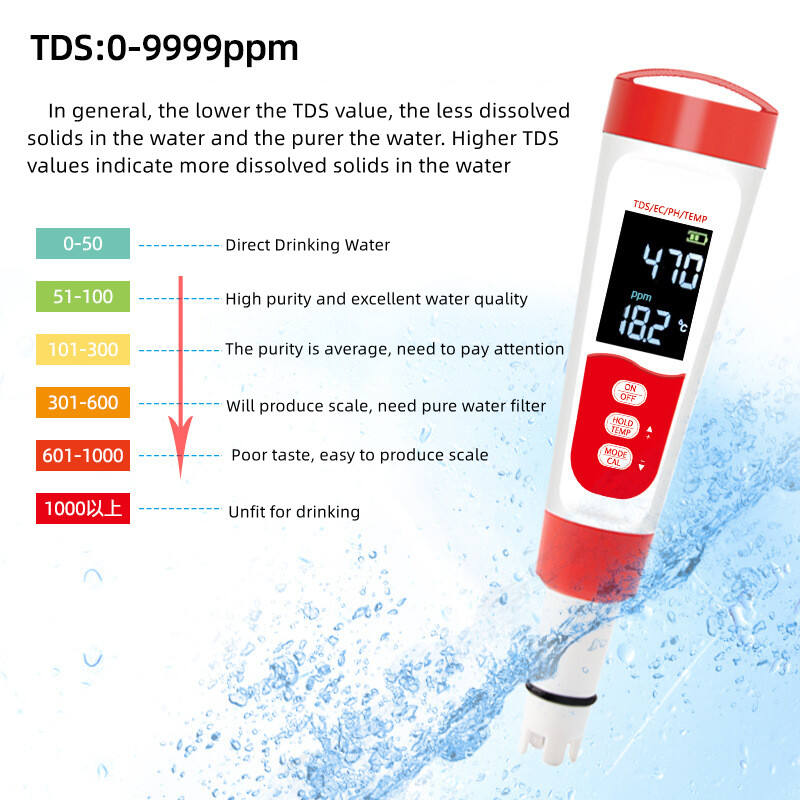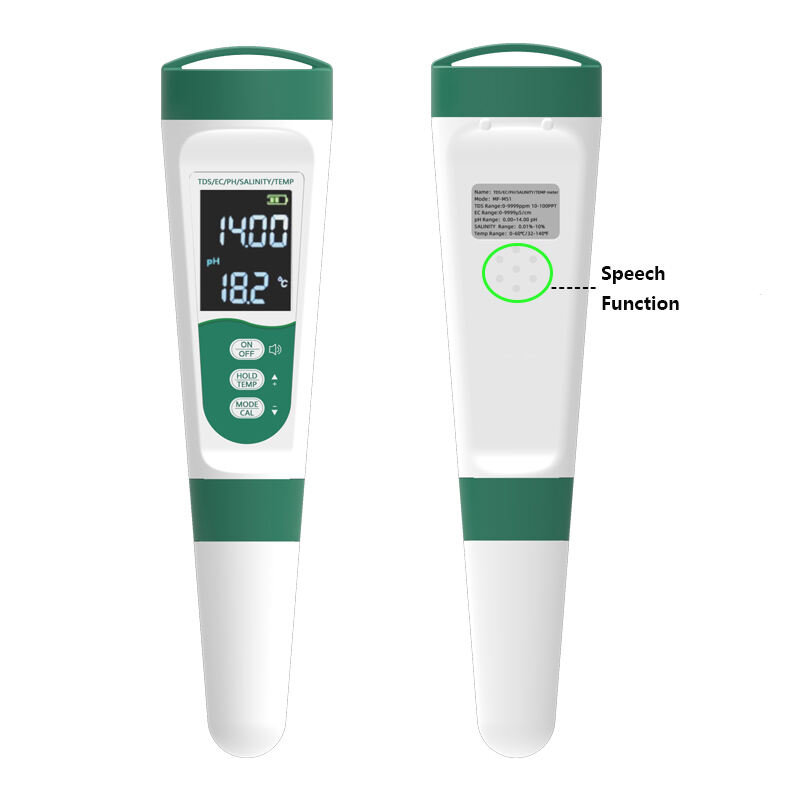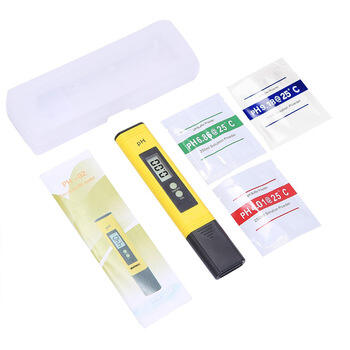digitális talajmérő
A digitális talajmérő egy haladó mezőgazdasági eszköz, amely forradalmi változást hoz a talajvizsgálatba és -elemzésbe pontos elektronikai mérésekkel. Ez az innovatív eszköz több érzékelőt kombinál, hogy azonnali olvasatokat nyújtson a talaj fontos paramétereiről, beleértve a pH-értékeket, a nedvességtartalmat, a hőmérsékletet és a tápanyagok szintjét. A mérőnek van tartós kézdetű súlyka, amely befúrhat a talajaiba, és csatlakozik egy digitális kijelzőhöz, amely világosan és könnyen olvasható méréseket jelenít meg. A modern digitális talajmérők gyakran rendelkeznek vezeték nélküli kapcsolattal, ami lehetővé teszi az adatok szinkronizálását mobilalkalmazásokkal vagy számítógépes rendszerekkel a teljes körű talajegészségügyi figyelés érdekében. Az eszköz fejlett mikroprocesszorai tárolhatnak több mérést, így a felhasználók követhetik a talajállapotot az idő folyamán és azonosíthatják a tendenciákat. Ezeket a mérőket különféle alkalmazásokra tervezték, a professzionális mezőgazdaságtól és kutatásig a házi kertészetről és a tarsolókezelésig. Általánosan alkalmas áramforrásokkal működnek és minimális karbantartást igényelnek, ami praktikus a rendszeres használatra. Sok modell automatikus kalibrációs funkciókat és hőmérséklet-kompensációt tartalmaz, hogy biztosítsanak pontos olvasatokat különböző környezeti feltételek között. Az ezekhez a mérőkhöz tartozó technológia folyamatosan fejlődik, újabb modellekben GPS-nyomvonal-tározást és felhőalapú adattárolást vezetnek be a hosszútávú elemzés érdekében.


